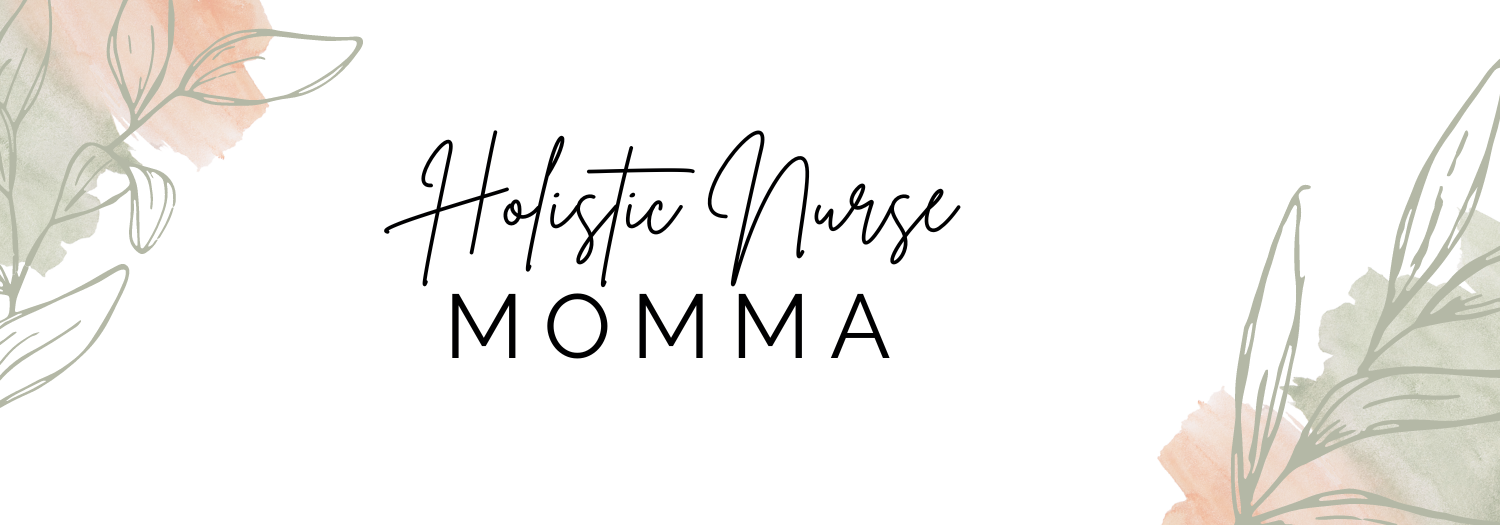Green is not something you can buy. Green is a way of life. Treasure everything, think permaculturally, live sustainably in all ways. Make it, grow it, build it yourself. Do all you can with what you have.
– Unknown
“Green” seems to be a buzz word lately. Companies are realizing consumers want to protect the environment or their homes. They have been trying to use tactics to market their products as green or safe for your family. Unfortunately, there are no legal definitions of such terms.
Just because a product is on the shelf doesn’t mean it is safe or effective. We are constantly learning about environmental and health related consequences of certain chemicals or chemical reactions as a result. According to the Environmental Protection Agency, 11% of work related asthma in the state of California connected it to cleaning products. Over half of them never had signs or symptoms of asthma before inhaling or using these products.
If this is occurring in adults, what is happening to our children? We know children are more sensitive & researchers estimate that 5% of childhood cancers and 30% of childhood asthma are connected to these chemicals. Unfortunately, health effects and connections may not show up until years after these exposures have occurred.
The Problem With Greenwashing
Greenwashing encourages unsafe practices for your health and the environment. Since words such as ‘natural’, ‘green’, and ‘eco friendly’ are not regulated, these can be used loosely in marketing. They also use eye catching labels and will usually try to make it look hip or green.
When we’re in the store moving quickly, our eyes scan the cleaning aisle quickly. We are attracted to ones that have pretty labels and when we seen green in advertising, our subconscious brain thinks it’s healthier and cleaner.
Examples of greenwashing include companies saying the use recycled bags. We already have plenty of plastic, the store should drop the plastic bags and encourage customers to bring their own or offer recycled paper bags. They make you think that you are doing yourself and the environment a favor when in reality you’re still contributing to a non-environmentally friendly habit.
As a mom, I’ve been bombarded with baby product ads. One that always drives me insane is when I see diaper companies saying they have “pure and natural” diapers made with organic cotton. We cloth diaper, but I thought these maybe good as an alternative if needed. Nope, still loaded with toxic chemicals & they won’t break down in the landfill nor are they compostable.
How to Spot Greenwashing
You may have to do some research to really find out about a company before you even head to the store. When you’re in the store, some ways to tell are:
- Are they open about their ingredients? “Made with Essential Oils” can still mean it’s loaded with artificial fragrance. Do you see ingredients you know and trust? Yes, there maybe some you don’t know, but how does you gut feel when you read it?
- Is there a big ad claim about them helping the environment? My mind always goes to the big BP oil spill and seeing a million ads about Dawn dish soap saving the penguins and ducks. Neither of these companies have the cleanest of ingredients or best interests for the environment.
- Do you see lots of green, natural photos in their advertising? This is usually an advertising tactic to make us feel the happy fuzzies.
What Greenwashing Looks Like
A great example of green washing that use to get me are boxed beverages. You know, you’re drinking water from paper! But it’s actually quite deceptive because it makes recycling a challenge too. Now, in cases of emergency, like the never ending Flint Michigan crisis, they can better than plastic bottles. But if you have the option, bring your own! Filter your own water at home. It’ll save resources and money.
Companies saying they use recycled bags are also greenwashing. We already have plenty of plastic, the store should drop the plastic bags and encourage customers to bring their own, or offer recycled paper bags. They make you think that you are doing yourself and the environment a favor when in reality you’re still contributing to a non-environmentally friendly habit.
As a mom, I’ve been bombarded with baby product ads. One that always drives me insane is when I see diaper companies saying they have “pure and natural” diapers made with organic cotton. We cloth diaper, but I thought these could be an alternative if needed. Nope, still loaded with toxic chemicals & they aren’t compostable.
What You Can Do
- The biggest thing is to research the company or product before buying it. This will give you the most information. Also, know what to avoid!
- Make your own cleaning products! I really love vinegar and hydrogen peroxide. I use hydrogen peroxide in our bathroom and vinegar in our kitchen and with our laundry. If you can’t stand the vinegar smell, why not use essential oils with it? Also, the vinegar smell will not stick to your clothes!
- Avoid the plastic packaging. What really gets me are claims like “we’re using less plastic in this bottle for the environment.” Hm..
- Look for sustainable and ethically made products when possible. Many clothing products aren’t made with the environment in mind. They want you to throw our your clothes so you buy more and they use cheap material to make your clothes.
- If you’re interested in green cleaning tips, here is an old post I made about 5 Green Cleaning Tips.
What are some of your tips for avoiding greenwashing?
I hope this post finds you in good health and happy spirits. Thank you so much for reading my friends. Tschüß!

Leave a Reply